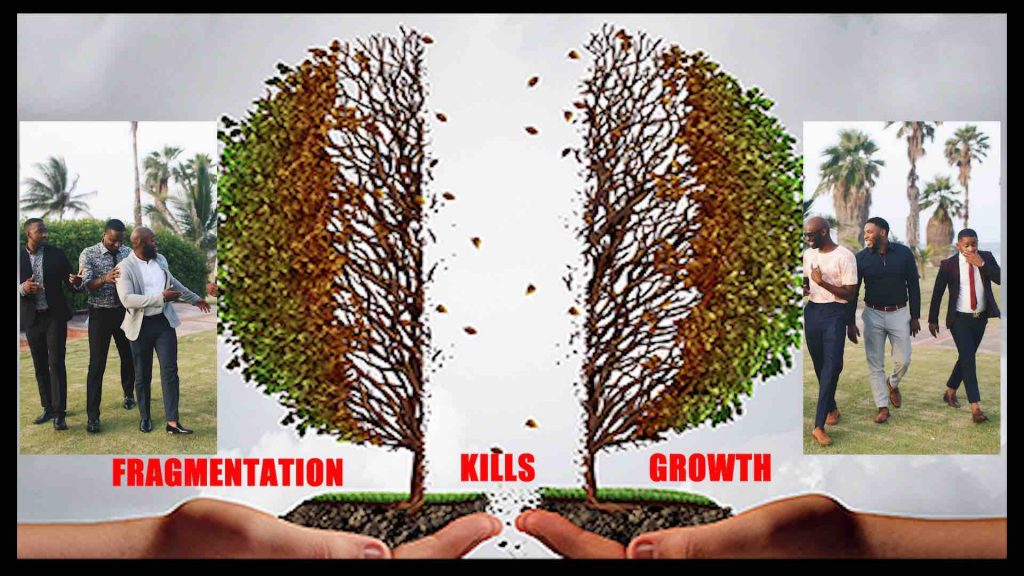The fragmentation of efforts within the African-Australian community advocacy landscape is becoming a significant concern. While many African-Australians are highly motivated to contribute to the betterment of their communities, a lack of coordination is hindering progress. As a migrant group, African-Australians face various challenges, whether arriving through forced migration, skilled migration, as students, or for personal reasons. There are numerous issues that need to be addressed to ensure that people settle successfully and thrive in Australia. Despite this shared understanding, efforts often remain fragmented, with individuals and groups working in isolation rather than collaborating to achieve common goals.
Several factors contribute to this fragmentation. One major cause is the lack of strategic thinking and long-term vision. Many individuals and groups become so focused on immediate, small-scale goals that they fail to consider how pooling resources and efforts could lead to broader, more impactful outcomes. In addition, trust issues within the community play a significant role. The fear of betrayal or competition prevents many from working together, even when their objectives align. There is also the desire to feel important, even if that means being a “big fish in a small pond,” where one can lead a small group rather than contribute to a larger, more effective organization. Finally, a lack of self-confidence often fuels the fear of collaboration, as individuals may worry about losing control or being overshadowed by others.
For example, within spiritual circles, it is common to find multiple churches of the same denomination operating within close proximity, all serving the same community and preaching in English. When asked why they don’t merge to create a larger, more impactful institution, the response is often that they don’t agree on vision or leadership style. This same issue exists within community associations, where several organizations are serving the same demographic yet struggle to collaborate on events or initiatives. Even within social and business networks, everyone wants to lead their own group rather than joining forces to amplify their efforts.
The consequence of these behaviors is a reduction in the effectiveness of actions and a diminished impact on society. While there are certainly valid reasons for individuals to pursue their own ventures, and entrepreneurial spirit should always be encouraged, the African-Australian community must begin to think more strategically. By fostering trust, embracing collaboration, and focusing on building institutions rather than small, disconnected entities, the community can create lasting transformation. Through collective effort and united action, a much greater impact can be achieved, ultimately benefiting the community as a whole.



